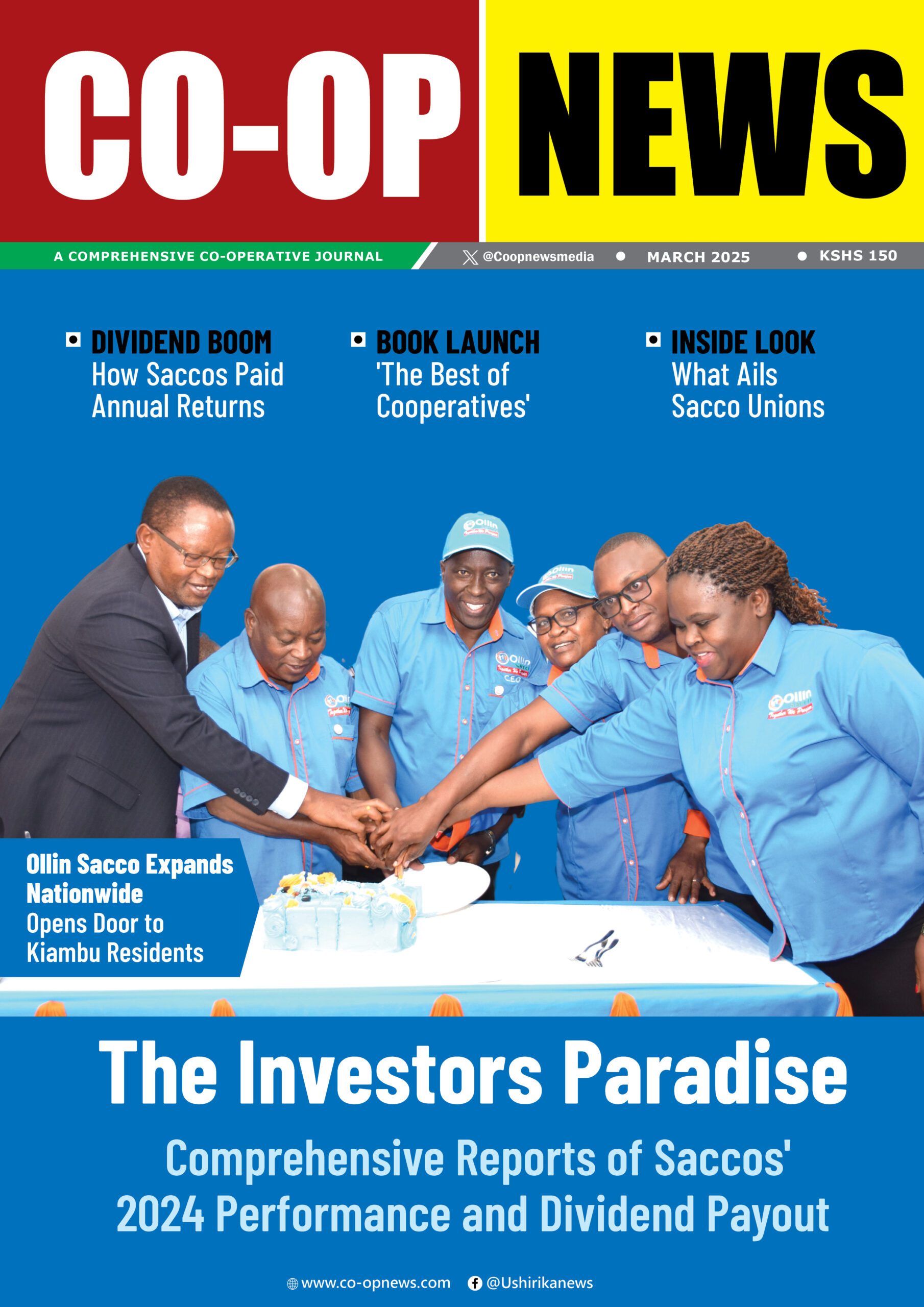During the Annual National Cooperatives Leaders Workshop 2024 at Pride Inn Paradise in Mombasa, CIC Group Chairman Dr. Nelson Kuria called on cooperative leaders to reassess their contributions to Kenya’s thriving cooperative movement, particularly in governance and leadership.
Dr. Kuria emphasized that many leaders, being closely connected to cooperatives, might take their achievements for granted, and it is imperative to engage in introspection. “Remaining true to the ideals of the cooperative movement is essential, especially the mission to not only alleviate poverty but also enhance the dignity of members,” he remarked.
Highlighting the importance of selflessness in leadership, he advised attendees to utilize their unique talents in governance to manage and grow the resources they oversee effectively. Dr. Kuria recalled past failures, noting that poor governance and ethical lapses have historically led to the downfall of several primary and secondary cooperatives over the last twenty-five years.
He pointed out that ethical conduct and good governance are intimately connected, stating, “They go hand in hand.” Dr Kuria criticized the erosion of trust within cooperatives, attributing it to mismanagement and corruption, which he described as a significant blow to this crucial sector.
He acknowledged the role cooperatives have played in reducing poverty and inequality but questioned why leaders have not fully utilized their potential to uplift those in despair. “It is unfortunate that cooperatives, which serve as effective economic engines for social and economic progress, have not been fully leveraged,” he said.
Dr. Kuria expressed concern over leaders who fail to distinguish between the cooperative model and corporate capitalism, urging them to remember that cooperatives are purpose-driven organizations with a long-term impact rooted in community service since the Industrial Revolution.
He reinforced that combining ethical values with the seven cooperative principles creates a powerful model centred on people, transforming a mere concept into a tangible reality. “As leaders, we must protect these values zealously, as our presence here is a direct result of our contributions,” he stated.
Dr. Kuria advocated for empowering members to actively engage in decision-making, cautioning against boards that operate in isolation. He criticized “ceremonial boards” where members participate in meetings without genuine engagement, relinquishing oversight to the CEO and management.
“The essence of board engagement is vital, which is why you hold positions as directors—to provide strategic direction, guidance, and oversight,” he explained. According to Dr. Kuria, empowered boards serve as strategic assets when they interact constructively with the CEO.
He concluded by stating that many organizations stagnate due to boards not fulfilling their expected roles, which often leads to scandals and ethical failures within cooperatives. He highlighted that principles of equity, accountability, transparency, and ethical leadership are crucial for the success of any organization, reinforcing that good governance, stewardship, strategic thinking, and a culture of member care should prevail.





